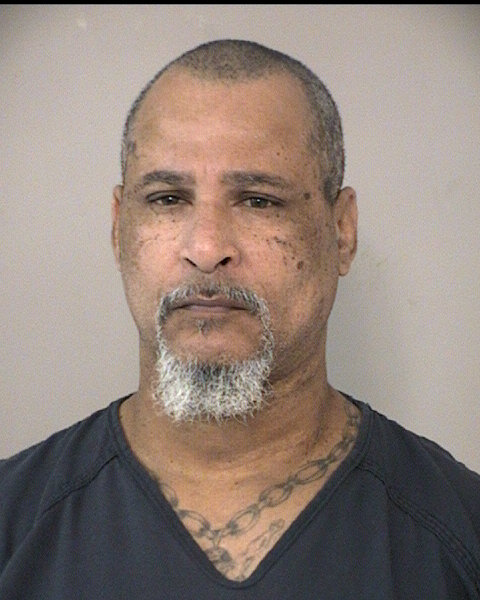 RICHMOND – On March 12, 2019, Earl James Semien plead guilty to the charges of Murder and Unlawful Possession of a Firearm by a Felon before being sentenced to 35 years and 10 years in prison, respectively. The 54-year-old Katy man was charged with the 2016 Christmas Eve execution of U.S. Air Force veteran Christopher Battelli. Present in the courtroom for the plea were many of Battelli’s friends and family members.
RICHMOND – On March 12, 2019, Earl James Semien plead guilty to the charges of Murder and Unlawful Possession of a Firearm by a Felon before being sentenced to 35 years and 10 years in prison, respectively. The 54-year-old Katy man was charged with the 2016 Christmas Eve execution of U.S. Air Force veteran Christopher Battelli. Present in the courtroom for the plea were many of Battelli’s friends and family members.
According to Assistant District Attorney Lesleigh Morton, Semien had been indicted for the murder of Christopher Battelli, 29, who was shot once in the head as he sat in his parked vehicle outside of the Southland Bar and Grill in Katy, Texas. While the two men were acquaintances, a motive for the killing was never discovered.
According to a witness, Semien had possessed a firearm for approximately three weeks before the murder. Immediately following the murder, Semien handed the firearm to a friend and told the friend to “get rid of it because it had a body on it.” Semien was a felon at the time of the murder, which by law prohibited him from legally possessing a firearm.
“Chris Battelli served our country and received numerous decorations for his service, only to be executed in cold blood by someone he knew, for no apparent reason,” said lead prosecutor Lesleigh Morton. “Hopefully Semien’s sentence will begin to bring Chris’s family closure, but I know they, and we, will always wonder why Semien executed Chris as Chris sat unsuspectingly in his vehicle. It is haunting to think of the last few minutes of Chris’s life, but make no mistake about it – he will forever be remembered as the kind, gentle, fun-loving person that touched the lives of those around him.”
Semien was prosecuted in the 400th District Court before Presiding Judge Maggie Jaramillo. Murder in this case is a first-degree felony punishable from 15 to 99 years or life in prison and a fine up to $10,000. Unlawful Possession of a Firearm in this case is a third-degree felony punishable from 2 to 10 years in prison and a fine up to $10,000. Semien was not probation eligible, and under Texas law, must serve at least half of his sentence before being considered for parole.
